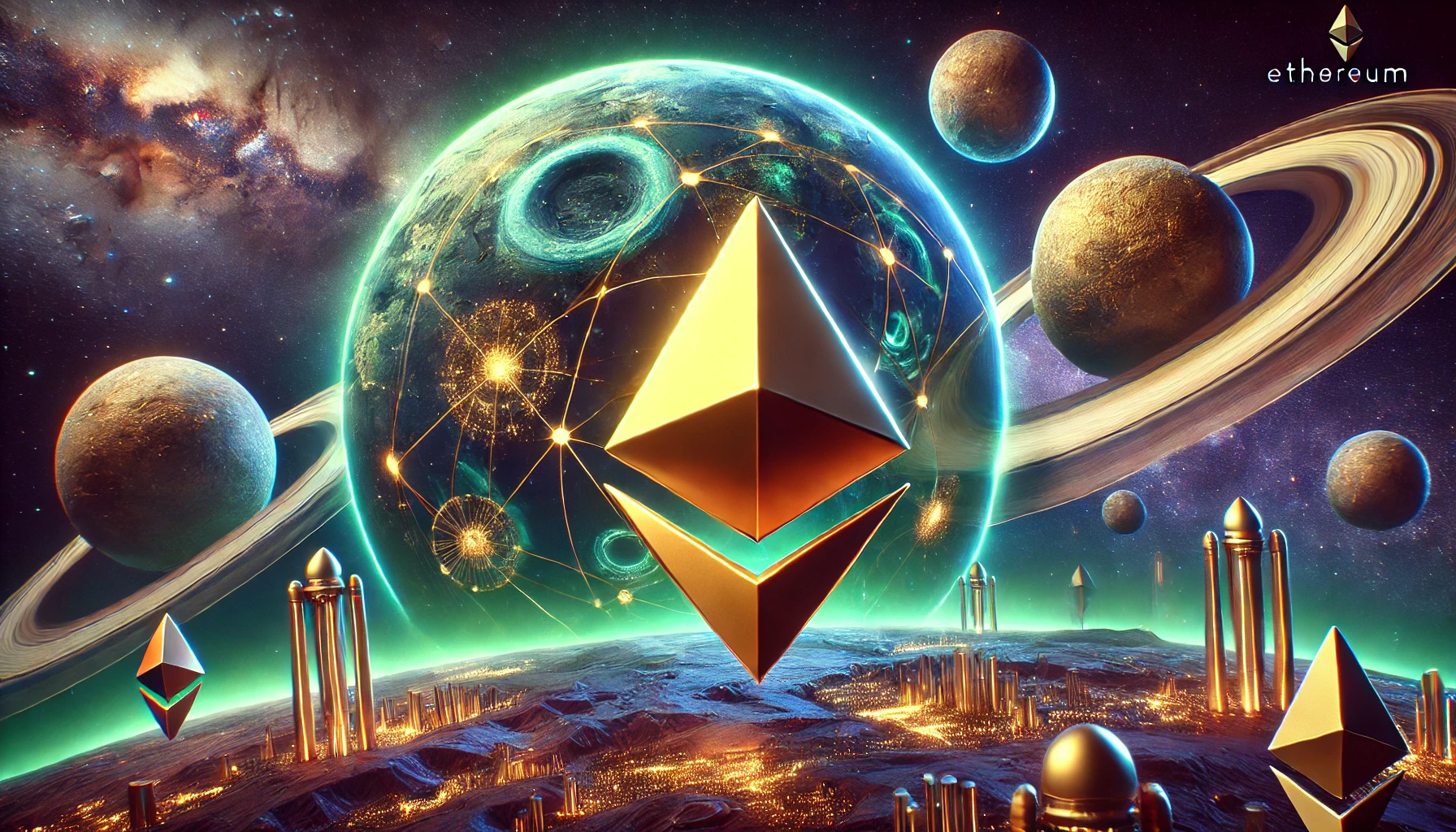Ethereum co-founder Vitalik Buterin describes blockchain as a “truth machine,” emphasizing its role in providing consensus on the timing of messages and data entries. This article explores Buterin’s views and the broader implications for blockchain technology.
Points
- Vitalik Buterin describes blockchain as a “truth machine.”
- Blockchains provide consensus on the timing of data entries.
- Additional tools are needed to verify facts beyond data storage.
Ethereum co-founder Vitalik Buterin has described blockchain technology as a “truth machine,” highlighting its ability to provide consensus on the timing of messages and data entries without falsification. This characterization emphasizes the role of blockchain in maintaining data integrity and transparency.
Blockchain as a Truth Machine: Buterin explained that blockchains offer a consensus-based approximate truth regarding when messages were sent. This capability is crucial for maintaining the integrity of data entries and ensuring that information is recorded accurately and immutably.
Limitations and Future Needs: While blockchains can confirm the timing of data entries, they are not designed to fact-check or verify the content of the data itself. For instance, a blockchain can record the time a message was sent but cannot confirm if the moon landing actually occurred. Buterin suggests that additional tools and systems are needed to verify facts beyond the scope of data storage.
Enhanced Verification Systems: Buterin believes that developing truth-finding models and enhanced verification systems could complement blockchain technology, providing a more comprehensive approach to data integrity and factual accuracy. These systems could leverage artificial intelligence and decentralized frameworks to cross-verify information and ensure its authenticity.
Grand Vision for Blockchain: Buterin’s vision for blockchain extends beyond its current capabilities, advocating for the integration of advanced verification tools to address broader challenges in data integrity. This approach could enhance the reliability of blockchain as a foundational technology for various applications, from finance to information sharing.
Explanation
- Consensus and Integrity: Blockchains provide consensus on the timing of data entries, ensuring transparency and integrity in recorded information.
- Limitations: While effective at timestamping, blockchains are not designed to verify the factual content of data entries.
- Future Needs: Additional verification tools and systems are needed to complement blockchain technology, ensuring comprehensive data integrity and factual accuracy.
- Broader Vision: Integrating advanced verification systems with blockchain could enhance its role as a foundational technology, addressing broader challenges in data reliability.
